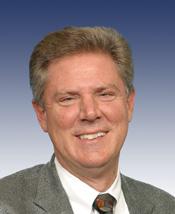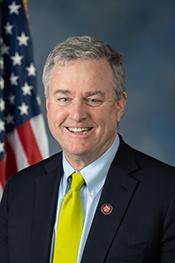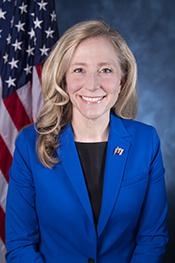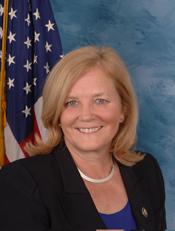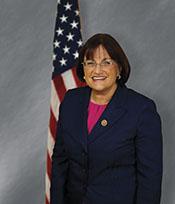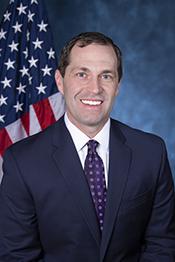0
Buy Low and Sell High Act
12/15/2023, 3:53 PM
Summary of Bill HR 432
The Buy Low and Sell High Act aims to increase transparency and accountability in the financial markets by imposing stricter regulations on high-frequency trading and other speculative practices. The bill would require traders to disclose more information about their trading activities and would also give regulators more power to investigate and penalize those who engage in manipulative trading practices.
Additionally, the Buy Low and Sell High Act includes provisions to protect investors from fraud and abuse. The bill would require brokers to act in the best interests of their clients and would also establish a fund to compensate investors who have been harmed by fraudulent or deceptive practices. Overall, the Buy Low and Sell High Act is designed to promote fairness and integrity in the financial markets and to protect investors from exploitation. Supporters of the bill argue that it is necessary to prevent market manipulation and to ensure that the stock market operates in a transparent and efficient manner. Critics, however, have raised concerns about the potential impact of the bill on market liquidity and trading volume. As the Buy Low and Sell High Act continues to be debated in Congress, it will be important for lawmakers to carefully consider the potential benefits and drawbacks of the legislation in order to make informed decisions about its passage.
Congressional Summary of HR 432
Buy Low and Sell High Act
This bill revises requirements concerning the Strategic Petroleum Reserve (SPR) and sets forth provisions to reduce the demand for petroleum fuel and increase fuel supply.
For example, the bill directs the Department of Energy (DOE) to establish within the SPR an Economic Petroleum Reserve of up to 350 million barrels of crude oil.
DOE must also establish a national network of Strategic Refined Petroleum Product Reserves to store up to 250 million barrels of gasoline and diesel fuel, which may be sold when there is a severe fuel supply interruption within the district in which the reserve is located.
In addition, the bill increases the cap on the amount of barrels of petroleum distillate that may be stored in the Northeast Home Heating Oil Reserve from two million to four million.
It also establishes limits on the sale and exportation of petroleum products from such reserves.
Further, the bill establishes provisions concerning electrifying the transportation sector, zero-emission vehicles, and a program to increase the amount of crude oil refined in oil refineries in certain countries in the Western Hemisphere.
